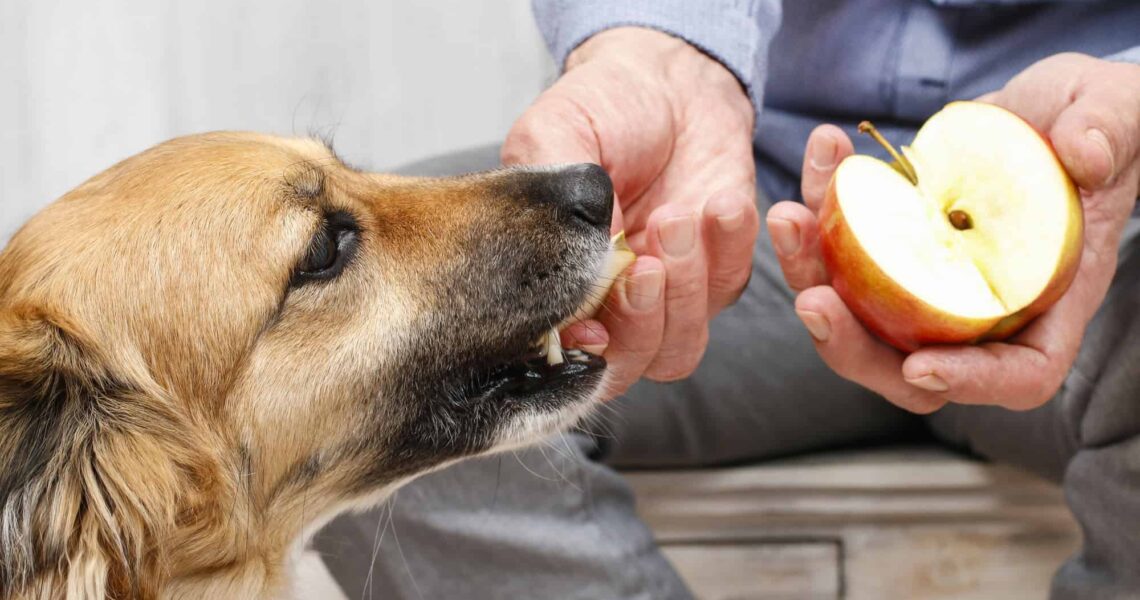Introduction:
As a responsible pet owner, it’s crucial to be aware of the potential dangers that certain human foods can pose to our furry friends. While it may be tempting to share our meals with our dogs, it’s important to remember that their digestive systems are different from ours. Some human foods can be toxic and even fatal to dogs if ingested. In this comprehensive guide, we will discuss seven common human foods that can be potentially harmful to dogs, their potential dangers, and what to do if your dog accidentally consumes them.
Chocolate:
Chocolate contains theobromine and caffeine, both of which are toxic to dogs. Theobromine affects a dog’s central nervous system and cardiovascular system, leading to symptoms such as restlessness, increased heart rate, tremors, vomiting, and even seizures. Dark chocolate and cocoa powder have higher concentrations of theobromine, making them more dangerous than milk chocolate. If you suspect your dog has consumed chocolate, contact your veterinarian immediately for guidance.
Grapes and Raisins:
Grapes and raisins can cause kidney failure in dogs. The exact substance within them that leads to toxicity is still unknown, making it difficult to determine a safe amount. Even a small quantity can be dangerous. Symptoms of grape or raisin toxicity include vomiting, diarrhea, loss of appetite, increased thirst, and decreased urine production. If your dog ingests grapes or raisins, seek veterinary care promptly.
Onions and Garlic:
Onions and garlic, whether raw, cooked, or in powdered form, contain compounds that can damage a dog’s red blood cells. These foods can lead to a condition called hemolytic anemia, which can cause weakness, pale gums, lethargy, and even collapse. It’s important to note that even small amounts of onions or garlic can be toxic to dogs, so avoid feeding them any foods that contain these ingredients.
Xylitol:
Xylitol is a sugar substitute commonly found in sugar-free gum, candy, baked goods, and some peanut butter brands. When ingested by dogs, xylitol can cause a rapid release of insulin, resulting in a dangerous drop in blood sugar levels. Symptoms may include vomiting, loss of coordination, seizures, and liver failure. Xylitol toxicity requires immediate veterinary attention.
Avocado:
Avocado contains a substance called persin, which can be toxic to dogs in large amounts. While the flesh of the fruit itself is less harmful, the pit, skin, and leaves contain higher concentrations of persin. Ingestion of these parts can lead to symptoms such as vomiting, diarrhea, difficulty breathing, and fluid accumulation in the chest. If your dog consumes avocado, consult with your veterinarian.
Alcohol:
Alcohol is highly toxic to dogs and can cause severe complications. Even small amounts can have a significant impact on their central nervous system. Dogs are more sensitive to alcohol than humans and can experience symptoms such as vomiting, diarrhea, difficulty breathing, decreased coordination, seizures, and even coma. Keep all alcoholic beverages out of your pet’s reach and seek veterinary help if they accidentally consume any.
Macadamia Nuts:
Macadamia nuts can cause toxic reactions in dogs, although the exact mechanism is not well understood. Ingestion of macadamia nuts can result in weakness, tremors, fever, vomiting, and difficulty walking. These symptoms typically appear within 12 hours of ingestion and can last up to 48 hours. If your dog ingests macadamia nuts, contact your veterinarian for advice.
Conclusion:
As a responsible dog owner, it’s vital to prioritize the safety and well-being of your furry companion. Understanding which human foods are toxic to dogs can help prevent accidental ingestion and potential health risks. Remember, when in doubt, it’s always best to consult your veterinarian for guidance. By keeping these seven foods away from your dog’s reach and providing them with a balanced and appropriate diet, you can help ensure their long and healthy life.
- Indulge in Flavorful Bliss: My Melo THC Beverage Odyssey - May 18, 2024
- Benefits of Sarsaparilla Supplements - April 1, 2024
- Benefits of Sage Tincture Supplements - April 1, 2024

